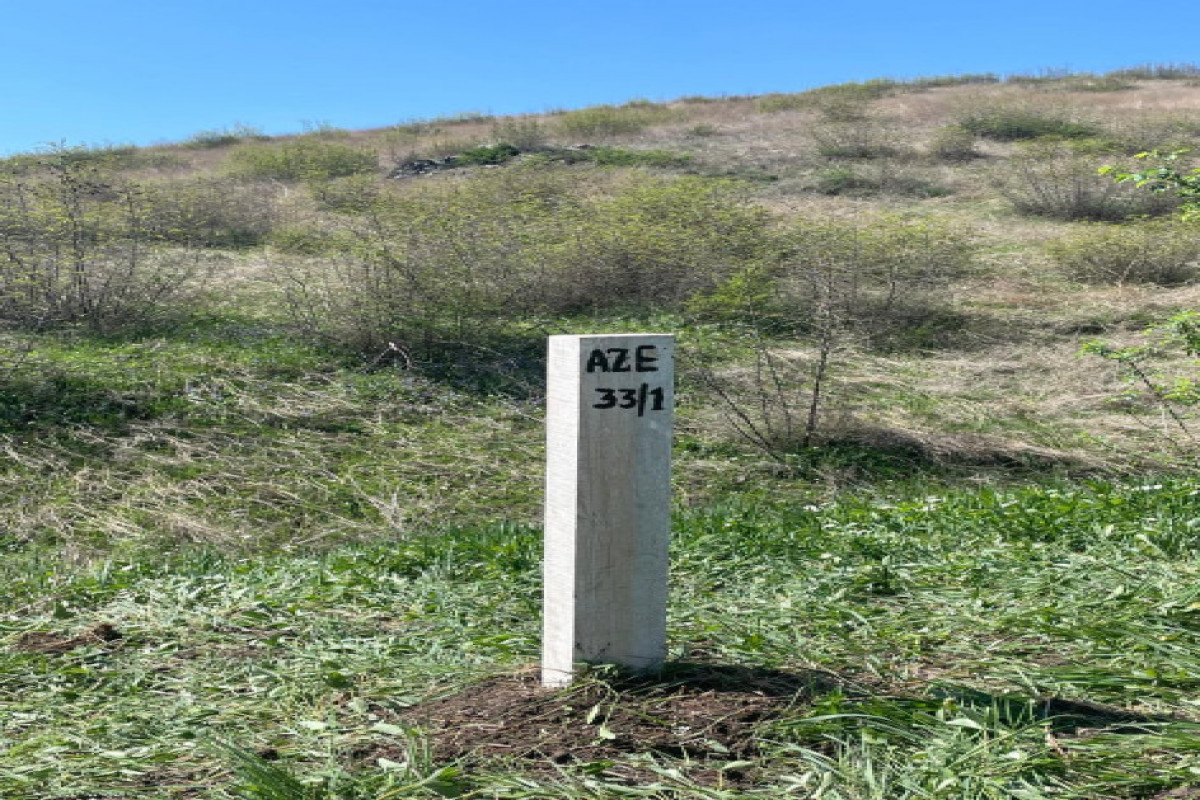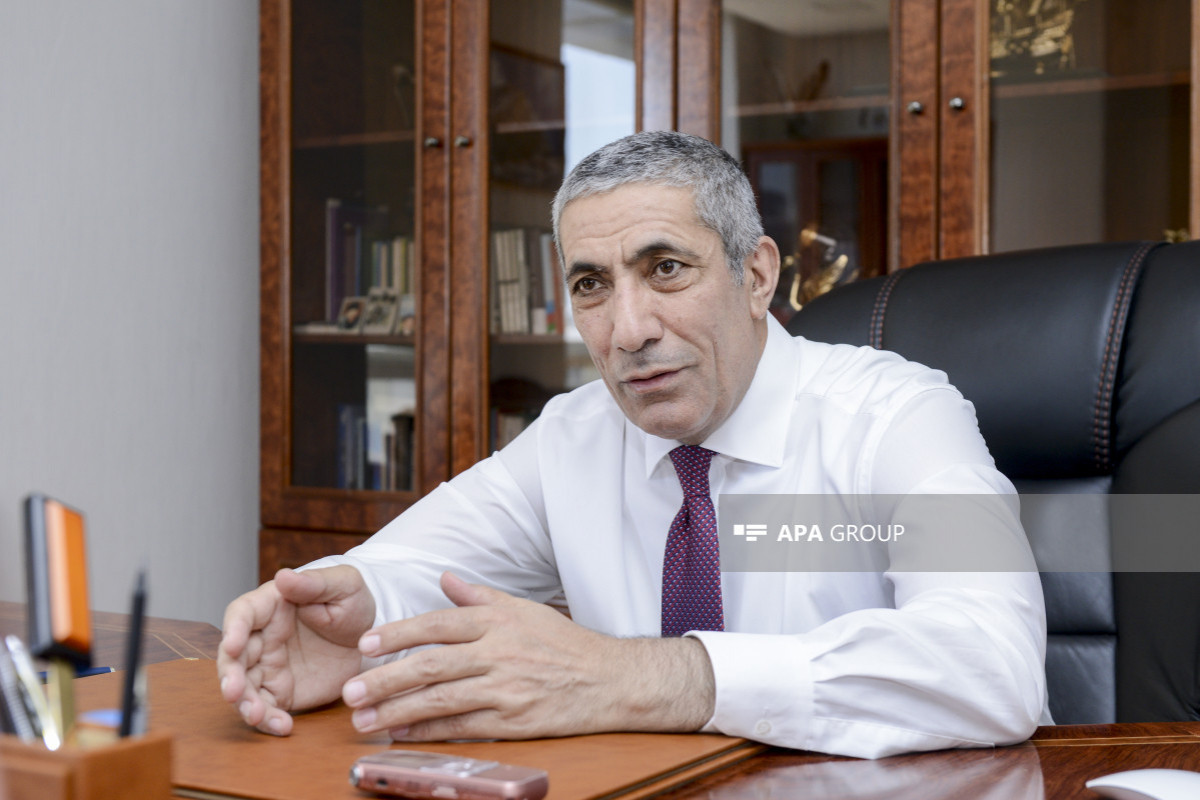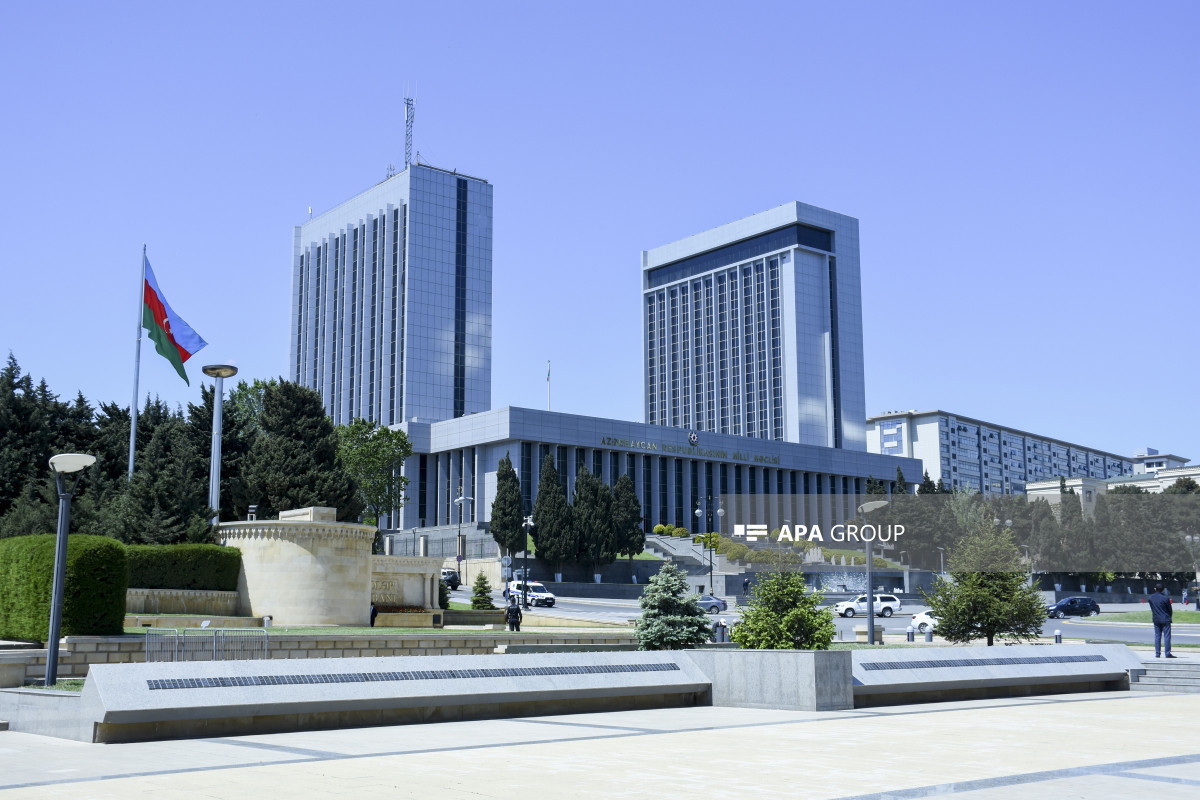APA’s interview with Ali Huseynli, Chairman of the Azerbaijani Parliament’s Committee on Legal Policy and State Building
Q: The latest amendments to the Criminal Code contain essential items and significant changes in the penalty mechanism. What do you think of it?
A: After Azerbaijan gained its independence, the country had to further strengthen the statehood, improve the rule of law and the legislative system and determine ways to build a legal state on these bases. As in all areas of social life, the reforms carried out to renew the legislation and reconstruct the law enforcement authorities' infrastructure, as well as the judicial reforms are important achievements of the recent period. The new Criminal Code and the Code of Criminal Procedure, which came into force in 2000, was a major step towards improving the system of protection of individual freedoms and rights and democratizing the country’s criminal and criminal procedure legislation. The purpose of the legislation has been to ensure that human and civil rights and freedoms, property, economic activity, public order, and public security are respected and protected from criminal offenses. However, analyses show that pretrial detentions and imprisonments without sound grounds, as well as alternative penalties such as community service that have little to do with isolation from society are commonplace. Combating crime is one of the priorities of any democratic state. It is part of the humane policy being pursed by President Ilham Aliyev that the fight against crime should be carried out within the law, offenders prosecuted in a timely manner, no one brought criminal charges against without sound bases and illegally, and the principles of justice and freedom observed when the penalty is applied.
Q: In this regard, the Azerbaijani president signed a relative order earlier this year. What other related draft laws are expected to be discussed?
A: As you know, President Ilham Aliyev signed an order on 10 February 2017 on improving activities in the penitentiary sphere, humanizing the policy of penalty and expanding the use of alternative forms of punishment and procedural coercive measures not related to isolation from society. This order that is a continuation of the legal reforms being carried out under the leadership of President Ilham Aliyev aims to create conditions for criminal policy humanization, liberalization of the criminal-law policy and correction of individuals without isolation from the society. The order envisages a number of measures to eliminate existing shortcomings in the penitentiaries and enterprises, fully ensure the conditions for excluding corruption in criminal prosecution and execution of penalties and apply modern technology and humanize penal policy. In this direction, draft laws on making amendments to the Criminal Code and the Code of Administrative Offences were proposed to the parliament. The amendments envisage liberalization related to criminal prosecution, decriminalization of offenses in economic activity, supplementing the punishment of restraint of freedom as an alternative punishment to imprisonment in relevant articles. I would like to mention some amendments in this regard. Thus, no matter what crime was committed earlier, in case a person convicted with a sentence not related to deprivation of liberty commits another crime, this will not cause a relapse. In addition, in case a person, who was previously convicted for deliberately committing a crime regardless how it was grave, commits another crime which doesn’t pose public threat, the creation of a relapse will also be excluded.
Q: One of the issues discussed recently in the society is also related to lifetime penalties. What is planned in this regard?
A: Regarding the punishment in the form of life imprisonment, I would like to note that according to the proposed amendments, taking into account that the convict sentenced to life imprisonment served a minimum of 25 years of sentence and during this period he did not commit deliberate crimes, and also if a conclusion is reached that the need for further serving of punishment has disappeared, life imprisonment can be replaced by imprisonment for up to 10 years. According to the current Article 57.4 of the Criminal Code, this term is 15 years. In general, the draft has also expanded and improved the range of circumstances facilitating punishment. Also, new articles were introduced in connection with exemption from criminal liability in committing crimes against property, in the sphere of economic activity and drug addiction.
Furthermore, amendments to the Code of Administrative Offences were proposed with a view to preventing the practice of formal execution of punishments in public affairs, ensuring effective control over the implementation of other punishments not related to community service and imprisonment. Therefore, modifications to the Code of Administrative Offenses define the responsibility of officials for not providing information to the executive officer in connection with the lack of control over the performance of work by prisoners, which is determined by the employer, the absence of the working hours that the prisoner worked or incorrect counting, as well as cases of evasion from performing community service.
Q: What steps are being taken to inform the public, to study public opinion in connection with these changes?
A: In this regard, statements have been made to the media. Now this process continues. In addition, extended public hearings will be held on September 29, due to these changes. This issue will be widely discussed there.






